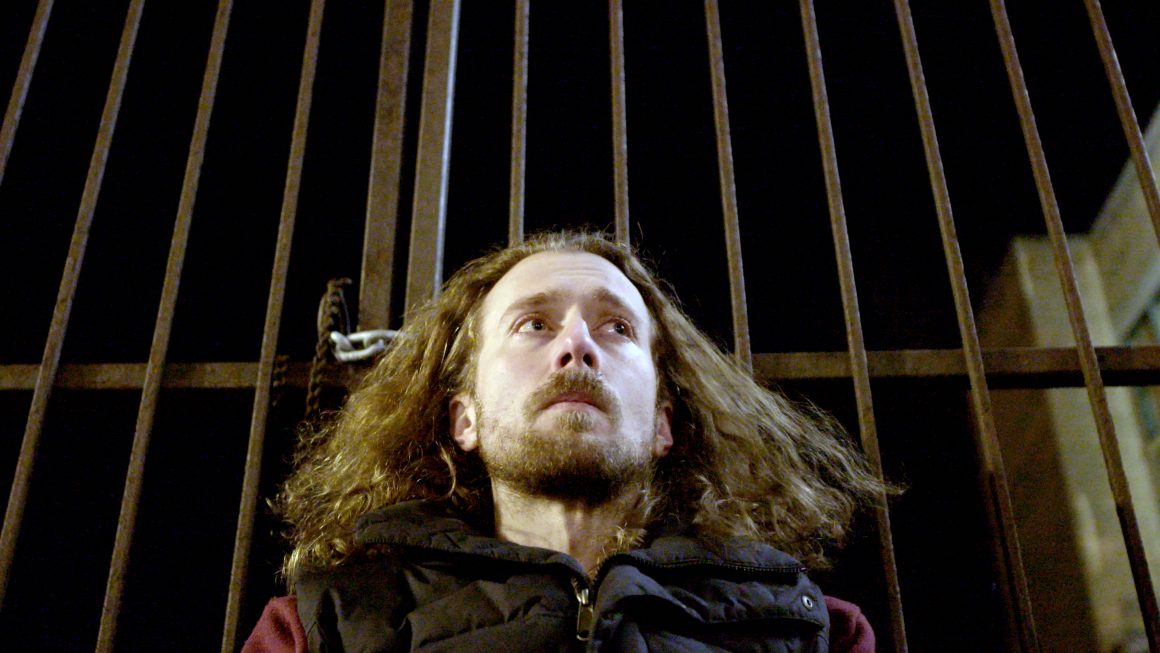
CIFF 2022: INSANITY with director Wendy Hill-Tout
By Sheroog Kubur, September 23 2022—
This year’s iteration of the Calgary International Film Festival continues to shine a light on Alberta filmmakers and their stories. One story that has become increasingly relevant following the COVID-19 pandemic is Wendy Hill-Tout’s INSANITY — a documentary exploring the growing mental health and homelessness crisis in Canada through the lens of Hill-Tout’s family searching for her brother, Bruce, across the streets of Vancouver.
“It’s about how what we do to those with mental illness is insane,” explained Hill-Tout about the film.
What Hill-Tout refers to as insane is her observations of how poorly Canadian institutions respond to those who suffer from mental illness. Her brother disappeared 25 years ago after being discharged from the hospital despite suicidal ideations and his schitzophrenia diagnosis. The film was inspired not only by her brother’s disappearance, but also after noticing an increase in homelessness across Calgary.
“I don’t think the average Calgarian can turn away — when you go to the average LRT [station] you see people shooting up, when you’re around the city there are tents along the river,” Hill-Tout said regarding the state of the city.
The creation of the documentary started in 2019 — just before the city was closed due to the pandemic. However, these closures didn’t deter filming but only further highlighted the message of the film.
“When we started shooting, I remember we wanted to shoot homeless people so I had to go out looking for them and scout and hope that when I had my camera people we would be able to find them again,” said Hill-Tout regarding the filming process. “By the time we finished shooting, within those two years, the problem had gotten so much worse that we had a tent city.”
A tent city refers to unhoused people setting up temporary accommodation in the form of tents across a city. A steady increase in the presence of tents across the city in the last four to five years has been noted, to the extent of removing foliage in areas where tents were set up as a cover for drug use as per community request. In response, the Alpha House DOAP team has increased their presence outside of the city centre, targeting areas where this is an increasing issue.
While the documentary tells the story of Hill-Tout’s missing brother, she maintains that that’s only one part of a larger problem. In the last two months alone, several cities across the country have been reporting on inappropriate responses to mental health crises. Earlier this month, a Labrador woman was detained by the RCMP for 10 hours amidst a mental-health crisis. In August, a First Nations woman reported on her experience with a lack of mental health support in Nova Scotia.
“I think everyday people are feeling the effects of this — obviously families are affected when there’s no hospital beds, when they can’t get help for the people who need it. We need a place where you can get this treatment and not in six months,” Hill-Tout said.
The Canadian Institute for Health Information reported an increase in the volume of Canadians reaching out for mental health support as well as an increase in wait times to access that support, reporting up to four months. This documentary shows that poor mental health services are not only detrimental to those with mental illnesses, but to anyone who needs the support. Above all, Hill-Tout’s goal with the film is to humanize those suffering from mental illness.
“People with a mental illness have a disability — an illness and it is not their fault. I would like people to see them as human beings, as someone’s brother, sister, mother, friend, aunt,” she said.
The film will have its premiere at CIFF on Sept. 27 and will play again on Oct. 2. Tickets for the showings are available through the CIFF website. The film’s story is harrowing and deals with themes of suicide, mental illness and mistreatment of those with it.
